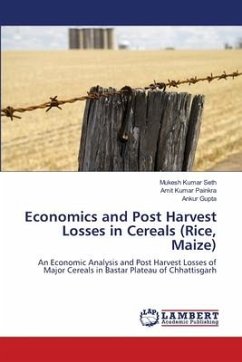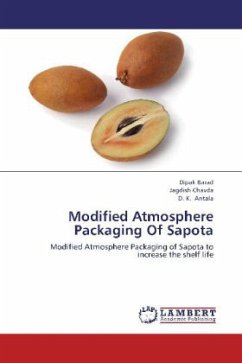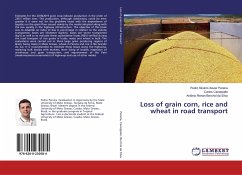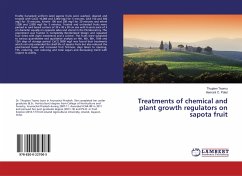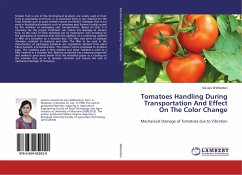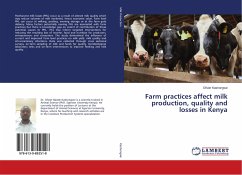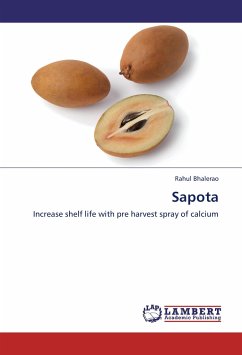The study focused on reducing transportation losses of sapota using different containers. Conducted in 2010 at Junagadh Agricultural University, it involved grading, sorting, and transporting sapota in various containers. Findings showed that foldable plastic boxes with cells performed best in minimizing weight loss, bruising, cracking, and decay, while also retaining the highest quality and marketability of fruits. Gunny bags and polypropylene bags had the highest losses and damage. The foldable plastic box with cells proved to be the most cost-effective solution, maintaining fruit quality while minimizing losses and decay, despite the higher initial packaging cost.
Bitte wählen Sie Ihr Anliegen aus.
Rechnungen
Retourenschein anfordern
Bestellstatus
Storno


